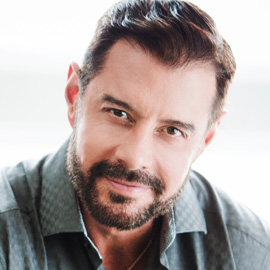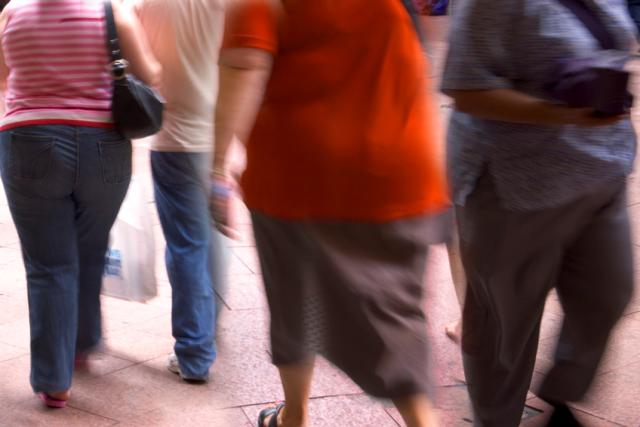HAES [Health At Every Size] and the Slippery Slope
I just found out about HAES, Health At Every Size, from a Google+ shared blog by Chris Brogan. The post By Amy Pershing titled “Is The Idea Of Health At Every Size Just Permission To Be Fat?” The implied answer in the title is “no” but I’m having a tough time with overall concept.
In her own words Ms. Pershing says,
According to the BMI chart and the cultural message, I still have about 35 lbs to go. My body, however, seems perfectly healthy and happy right here. I figure she knows better. So “HAES” is NOT about “permission to get fat.” It is about each of us individually listening with body and mind, letting our unique bodies find the way to the weight they are happy to be, and valuing whatever the result.
While there is a lot of support for HAES, I think it’s a dangerous slippery slope for those who need the most help. One of my concerns is how a HAES mind set manages the line of settling for what its supporters believe is “appropriate, comfort and enjoyable” weight and the human mind’s ability to challenge ourselves to reach goals and stretch beyond the status quo. And I’m not talking about crash diets and unsustainable exercise programs.
I’m also not advocating an idea of physical standards that’s unrealistic for every body type. But when results from the 2007–2008 National Health and Nutrition Examination Survey (NHANES), using measured heights and weights, indicate that an estimated 34.2% of U.S. adults aged 20 years and over are overweight, 33.8% are obese, and 5.7% are extremely obese, it’s easy to see how people who don’t want to confront their health issues can use HAES as a cop out not to take personal responsibility. “I’m big and beautiful.” While that might be true you are not healthy and your quality of life is going to suffer greatly.
Somehow an “average” size person today in America is by any world standards, an overweight, unhealthy individual. I live in one of the most unhealthy places in the country, Tennessee. If I compare myself with the average size person, I would probably gain another 30 lbs and still look average.
HAES advocates believe one should not use exercise to lose weight. Really!? There’s nothing wrong with exercise to maintain a healthy BMI or weight. People have been doing it for centuries. I enjoy running, but sometimes I run a little farther because I know I’m about to eat a big dinner. I run for competition, for fun and for life and that means controlling my cholesterol, my body fat and the quality of life that being lean allows me to have, and yes, it includes fitting in a size 31 jeans at age 47. I used to weigh 40 lbs more than I do today. I was lethargic, had asthma attacks, and battled depression. Since my teenage years my body had “settled’ around that weight. I was overweight, I ate too much and I was sedentary. I finally had enough and decades ago I changed my mind, my habits, my health and body in the process.
Again, I’m not advocating an ideal of beauty, but with the obesity epidemic we face in America, the last thing I want my 14-year old son to hear is that his body has found his ideal weight at 230 lbs and he should be ok with that.
How do you feel about HAES?
-
David Barry DeLozier
-
Maurilio Amorim
-
Lola Utz
-
-
Lola Utz
-
-
Derek Brown
-
Maurilio Amorim
-
-
ThatGuyKC
-
Maurilio Amorim
-
-
JH
-
Maurilio Amorim
-
-
Daisy
-
Maurilio Amorim
-
Lola Darling
-
-
Jamie
-
Maurilio Amorim
-
-
Christian
-
Maurilio Amorim
-
Lola Utz
-
-
Scotty
-
Maurilio Amorim
-
-
Jason Vana
-
Maurilio Amorim
-
-
Tllily
-
Alaina Bird
Subscribe
Delivered by FeedBurner

